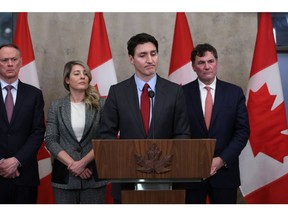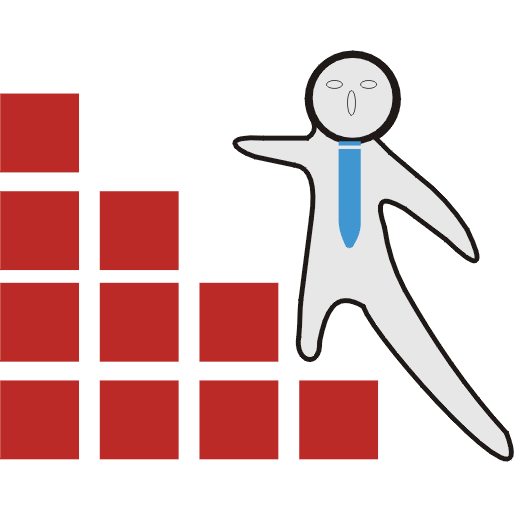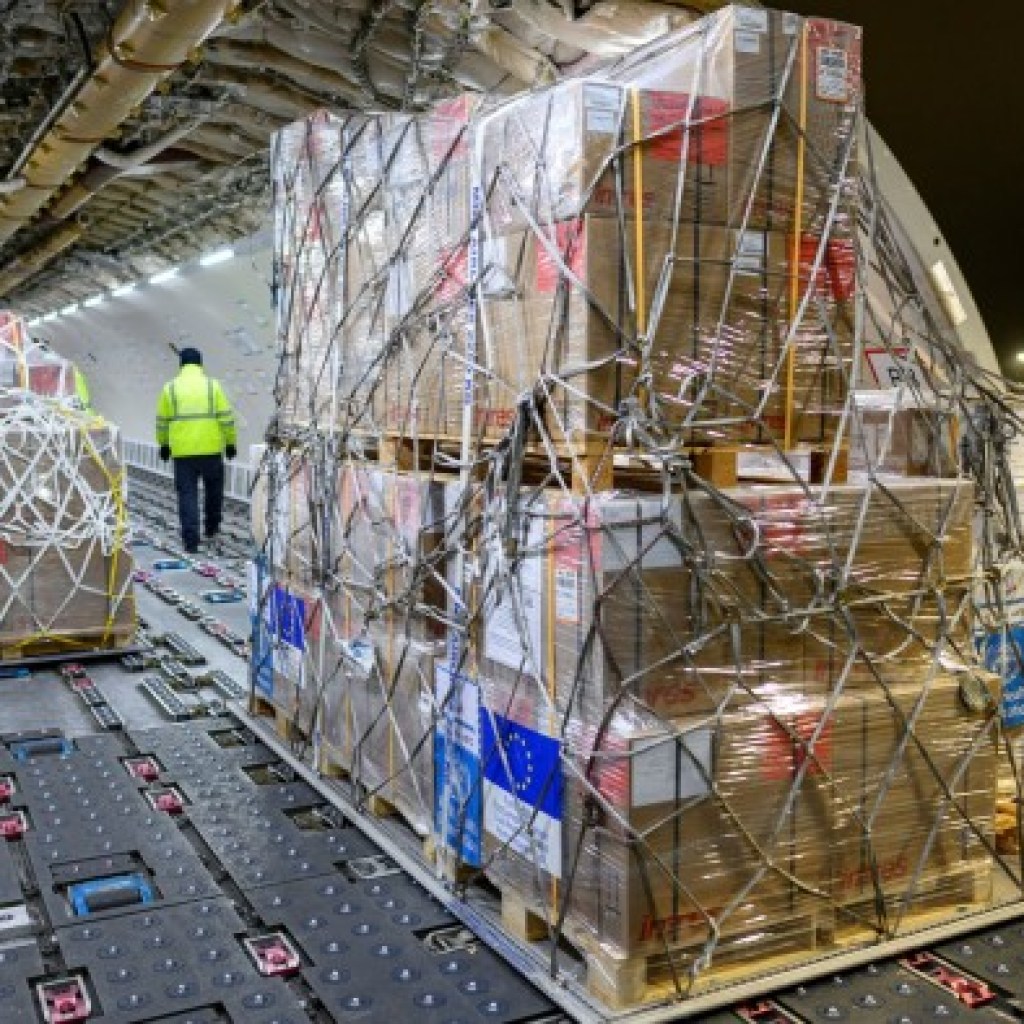The Canadian economy is scheduled to face a more severe shock since the Covid-19 pandemic and may be drowned in the recession if the tariff war continues, as senior economists say, as one of them described it as an “existential threat.”

Article content
(Bloomberg)-The Canadian economy is scheduled to face more severe shock since the Covid-19 pandemic and is likely to drown in the recession if the war of tariffs continues, as senior economists say, as one of them described it as an “existential threat.”
Article content
Article content
President Donald Trump’s tariff of 25 % on most of the goods that the United States buys from Canada and Prime Minister Justin Trudeau’s plan to take revenge on products worth $ 155 billion ($ 105 billion) of American products made from the total local result by 2 to 4 percentage points, According to economists’ estimates.
Advertisement 2
Article content
For the economy that was expected to grow by 1.8 % in 2025, this means the first annual contraction in 16 years, outside the epidemic. Consumer prices are likely to increase at a faster rate than the goal of the 2 % Canada Bank, and the unemployment rate is expected to increase and the Canadian dollar weakens more.
This is what economists say:
Toronto Dominion Bank
The chief economist of Karansi and senior economists James Orlando expects a “sharp negative reaction” in the stock markets in North America and Loonie, which can decrease to 65 American cents. The economy is likely to enter the recession if the definitions are continuing for five to six months. It would deepen the shrinkage, and the unemployment rate may cross the 7 % threshold. They said: “It is too early to estimate the central bank’s response.”
Montreal Bank
The American chief economist Douglas Porter said that the American customs tariff and disabled separation in Canada may reduce the growth of Canadian GDP by two percentage points, “If the declared tariff remains in place for a year, the economy will face the danger of modest recession.” Based on the tariff news, it believes that the Bank of Canada cuts its policy price at a quarter of a meeting in each meeting until October, then it will be held by 1.5 %.
Article content
Advertising 3
Article content
Canadian Imperial Trade Bank
Economist Affiri Xinfield said that the permanent and two -way trade war will be “the shock of the recession of Canada.” While LONIE is the weakest and a mixture of cash and financial stimulation can help recover, the losses of trade may mean the weakest of the real output even after returning to the full employment. “Our upcoming expectations are likely to be based on a less harmful scenario that has been removed on the negotiating table, as there is a precedent for that from Trump’s first state.”
Royal Canada Bank
The chief economist Francis Donald and the assistant chief economist Nathan Janzen said that their estimates are in line with the results of Canada, which found that increasing the definitions throughout the Board of Directors by 25 % in the United States and the world would reduce Canadian GDP by 3.4 and 4.2 degrees Celsius . “The customs duties are identified by the Canadian economy at a moment when it is already struggling. Canada is still recovering from a great shock in interest rate And less than full capabilities. “He said.
Advertising 4
Article content
Capital economics
North America Economist Paul Ashworth said that the 25 % definitions represent an “existential threat” of Canada, given that goods exports to the United States represent nearly one -fifth of GDP. Even with an additional decrease in LONIE, the fees will reach exports, investment and consumption, which leads to a decrease of 2.5 % to 3 % in GDP. He believes that Canada Bank has an area to reduce interest rates by at least 50 other basis points, as they limit both financial and critical stimulation from the stagnation of the recession.
Corbay
Carl Shamota, the chief strategy of the market, said that LONIE and PESO are two declines that exceed 2 % to 3 % after trading in Asia begin on Sunday evening in Toronto. “The consequences of an extended trade war within what was – even a few hours before – one of the most successful economic partnerships in the world is very terrible in their understanding, but the markets must start planning for one of them.” It was announced.
RSM Canada
Economist To Ngwin said that the US tariff war in the United States may lead the Canadian economy to contract by 2 % this year, with inflation in the title increasing to 2.7 %. It expects job losses in industries, including manufacturing, tourism and transportation, with low demand prices. The prices of fruits and vegetables are likely to jump in the coming weeks, while the prices of devices and cars take longer to increase. Canadians will also see less US -made products on store shelves.
Independent institute
“The cost of taxes that have been placed across the border will be borne by consumers in both countries,” said Philip Magnes, an economic historian and oldest research colleague at the Oakland Research Center in California. Canada will collect money through its counter -clubs, but “it is usually transferred to the consumers of goods, or the definitions of consumption patterns transform away from import and to an alternative that was produced locally for the same goods at a higher price. In one way or another, consumers end up paying a higher price due to the tariffs.”
Article content

Say Job City in Pakistan for today latest jobs opportunities in private and Govt departments. View all new Government careers collected from daily. sayjobcity.com


